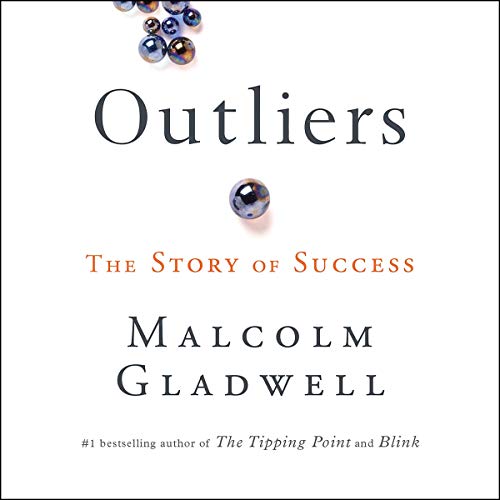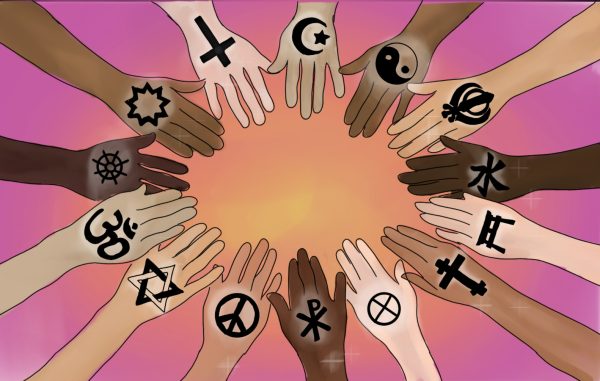What makes the ‘Elites’ so ‘Elite’?

May 18, 2022
Outliers. They intrigue us. Most of us want to be one of them – yet by definition, this is only reserved for the “elite” few.
So, what actually makes an outlier?
Malcolm Gladwell writes his ground-breaking book, Outliers, captivating our curiosity, whilst asking provocative questions: why are Asians so good at math? And, what are the consequences of wasted potential in our systematically unjust society? Let’s take a look at how he answers them…
First, we must consider the unseen influences. Most people believe that success is due to rugged individuals “getting on the grind” (as modern work culture would put it), yet, Gladwell poses another stance. He likens people to trees; it’s obvious that the tallest trees were the ones that got the most sunlight, had the best soil, and were lucky enough to avoid lumberjacks. So, why in modern culture do we completely ignore the impact of environmental factors on a person’s success? Gladwell references research that will completely change the way you think about success.
The Canadian Hockey team’s cut-off date for the junior leagues is the first of January. Seems insignificant, right?
Wrong.
As of 2007, in the entirety of elite Canadian hockey players, 40% percent were born between January to March, and only 10% were born from October to December – an extremely skewed and uncoincidental statistic. The players born at the start of the year aren’t just randomly better than those born at the end of the year – they were given an advantage from the very start. When the players are nine or ten, a couple of months of growth makes a huge difference in performance, which means they get selected for the rep teams, and, from there, receive better training with longer hours of practice. By the time they are fourteen or fifteen, the kids born in the early months are now actually better, and it is no surprise they get picked for the professional teams.
Let’s think about that – crazy right! Some poor kid who was born in December has a much smaller chance of making it pro, no matter how hard they try. Gladwell poses the question: imagine if the Canadian Hockey Association decided to split the junior league in two, with one group born at the start of the year, and the other from the end? In theory, they would have double the number of pro players, and would take advantage of the current wasted potential from the second half of the year.
Gladwell suggests that this idea of accumulative advantage doesn’t just apply to hockey. For example, it can be seen in primary schools, where the older kids are more developed, and hence, are more likely to be selected for gifted and talented classes, whilst the younger kids are more likely to be left behind. Imagine how much more progress and potential the world could cultivate if we were simply more selective with the way we organised school classes? That would make a huge difference in our world. Yet, Gladwell writes that implementing such a scheme would come into conflict with “society’s need to believe that individual merit matters more than the rules society has created.”
Now, for the big question – why are Asians so good at math?
To best answer this, Gladwell decides to look at the way our languages work (I know it’s strange but stay with me). First of all, look below to see a comparison between numbers one to ten in English versus Mandarin:
One, two, three, four, five, six, seven, eight, nine, ten
Yī, èr, sān, sì, wŭ, liù, qī, bā, jiŭ, shi
Look at how much shorter the Mandarin numbers are. Think about how much easier imputing the second line into your short-term memory would be compared to the first, and how much more efficient a mathematician that would make you. So, is this stereotype a coincidence? Gladwell thinks not. Of course, he goes into much more detail on various other factors in the book (which I highly recommend you read in to), but even with this simple example, you can see how a tiny change can make a huge difference on the outcome of math abilities.
Think about how many more aspects of our lives are influenced by something so random, like the efficiency of numbers in our language. Gladwell’s writing makes you reflect on how the unseen influences in our culture and its systems have not only played major roles in creating some of the world’s greatest outliers, but have also shaped your life and the world around you.
And, of course, Gladwell goes into so many other ways in which our environment and the way we respond to it can create (or destroy) potential outliers. He tells us how being born in the mid 20th century dramatically increased your chances of being a billionaire, and how Bill Gates’ unlimited access to ground-breaking computer technology from a young age paved the way for Microsoft – but you can read more about this in Malcolm Gladwell’s book – Outliers!
So the next time you find yourself admiring or even envying the outliers in our society, think about some of the unseen influences that helped them along the way.














